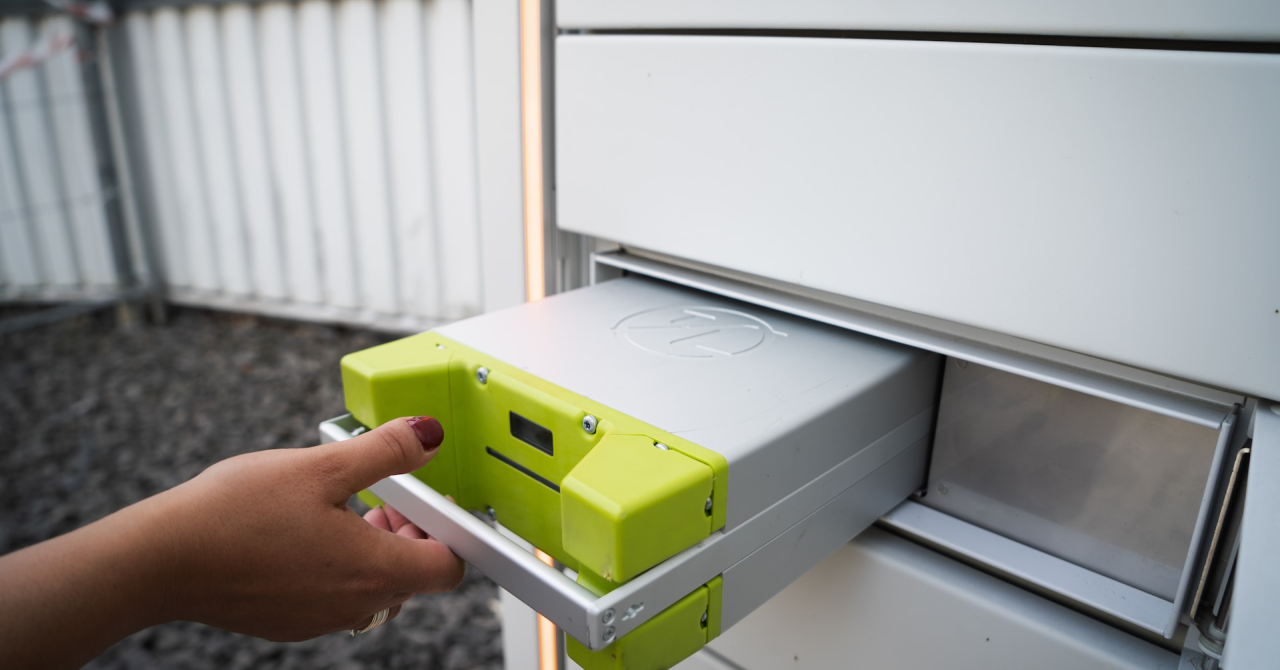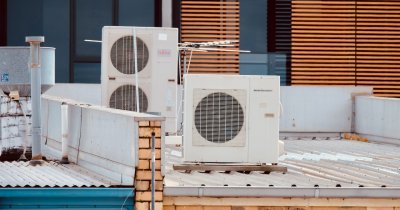As per Energy Daily, researchers at the University of Maryland made a new design for a battery interlayer, which prevents the formation of lithium dendrites in lithium-ion battery cells, even those that are presented as all solid-state.
Some experts say that about 750.000 EVs in the US run on lithium-ion batteries, since they have good energy density for power storage, but they also contain a highly-flammable liquid electrolyte component, which catches fire when overheating.
Fires in EV batteries are not a common thing on the road, but authorities believe that people involved in such events are exposed to many dangers, such as electric shock and exposure to toxic gases released during burning.
All-solid-state batteries could allow for manufacturing vehicles that are safer than those running on lithium-ion cells or even internal combustion-powered models, while boasting faster charging and longer-lasting batteries.
Chunsheng Wang, Engineering Professor at the University of Maryland, said that "we proposed the idea to redesign the interlayers that would effectively suppress the lithium dendrite growth."
The solution they developed comprises of an interlayer that sits between the cathode and the electrolyte, as well as between it and the anode and the interlayer material is rich in fluorine, as well as magnesium and bismuth.
"Solid-state batteries are next-generation because they can achieve high energy and safety. In current batteries, if you achieve high energy, you'll sacrifice safety", Wang added.
Before this model of batteries hits the market, researchers will have to address some of the challenges it has, such as the thicker electrolyte layer, toning it down to the size of lithium-ion batteries, which will improve energy density.
Solid Power is one battery manufacturer that explores this new technology and aims to bring new cells on the market based on it by 2026.
 Mihai - Cristian Ioniță
Mihai - Cristian Ioniță












Any thoughts?